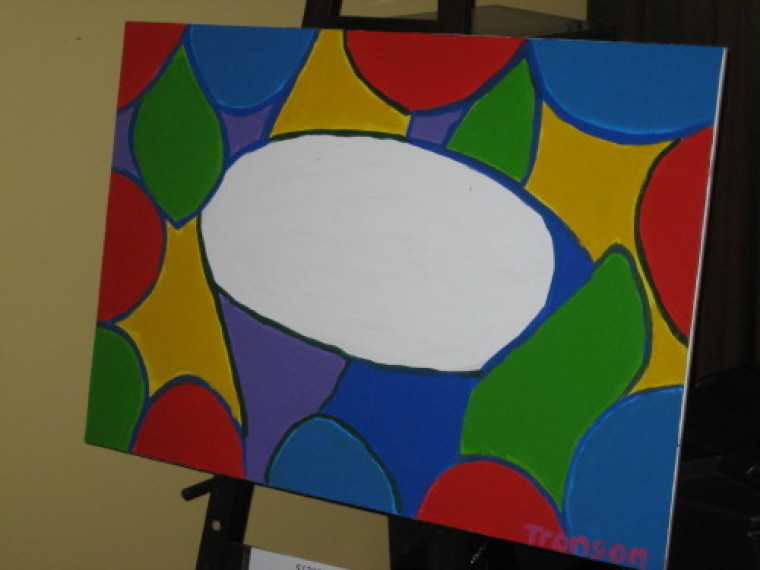
Well-Being Australia chairman Mark Tronson, a Baptist minister, recently reflected on this question and attempted to list a number of aspects of the Australian experience that seem to have pertinence to this issue.
The open space atmosphere: the large horizons
The distances between communities
We speak and sound much the same from Perth to Cairns
The spacious houses on the quarter acre block
The freedom youth have in our open space
The love of the outdoors
The isolation of the country
The sense of egalitarianism
The love of travelling
The hot family Christmas together
The summer holidays
The beach and surf
The distance of the mountains
The friendships that last a lifetime
The muted colours of nature
Although some of the items on this list are not unique to Australian experiences, the Dorothea Mackellar image of the 'sunburnt country' and the 'wide brown land' has an effect on the Australian psyche. For example, Melbourne's Reverend Dr David Milikan paraphrased her words for the title of his 1982 book, 'The Sunburnt Soul', knowing that it would resonate with many Australians.
Numerous Australian theologians have written on this subject. Mal Garvin's book 'Us Aussies' for example, is a fascinating study of the early Australian-born generations of the nineteenth century who had never had a first hand knowledge of Britain, and who were the first who had a poignant sense of this vast great land (rather than hankering after a European landscape).
Internationally acclaimed Australian gospel singer Steve Grace in his Australian public performances, sings Geoff Bullock's 'The Great South land of the Holy Spirit', which is also sung regularly in churches right across Australia.
In that song, two significant lines are
"The richest harvest is in her peoples
We see revival, the Spirit comes."
(For the whole poem, which is copyright, see http://www.swcs.com.au/southland.htm Geoff Bullock © 1991 Word Music, Recorded at paulsplace )
Australia's indigenous peoples have consistently demonstrated in their culture the indispensable link between themselves and the land, and this has been acknowledged now in the European Australian culture.
Mark Tronson's family background is from the pioneering farmers of our land, and he realises this connection between the 'sense of place' and the 'sense of self' is a universal human emotion. His grandfather's farm is still in his family.
In an attempt to analyse this notion of 'the land' and how it has affected the Australian Christian scene, and if it is different from Christian worship and thinking in other parts of the world, M V Tronson is unconvinced that it involves theological academic course work, which is common across the Christian world. Old Testament Hebrew and New Testament Greek are instructed the same way in Sydney as they are in Glasgow or Vancouver or Hamburg, or anywhere in the world.
For example, he remembers that in 1989 when he was at the South Pacific Games Christian Sports Conference in Port Morseby, Papua New Guinea, a Papuan theologian gave an expository lecture from the New Testament Greek on the first chapter of Paul's letter to the Romans.
Mark Tronson postulates that the iconic Australian way of worship has more to do with the laconic; a strange sense of needing to be less rushed; a timelessness that the landscape itself generates. This feeling can be captured by the naked eye, heard with the ears and smelt with the nostrils. Artists and musicians artists have tried to capture the feeling, for innumerable years (and still counting).
"This sense of land and of landscape, in my view, affects the way we reflect and ponder theologically," M V Tronson commented. "Australian Christians carry with them this sense of vast emptiness and astonishing beauty and majesty into their thinking and it therefore effects our emotions far more than academic 'learning about the Christian texts'."
Moreover he likens this sense of the land to that of Isaiah 36 verse 16: "and eat ye everyone of his vine, and every one of his fig tree, and drink ye every one of the waters of his own cistern".